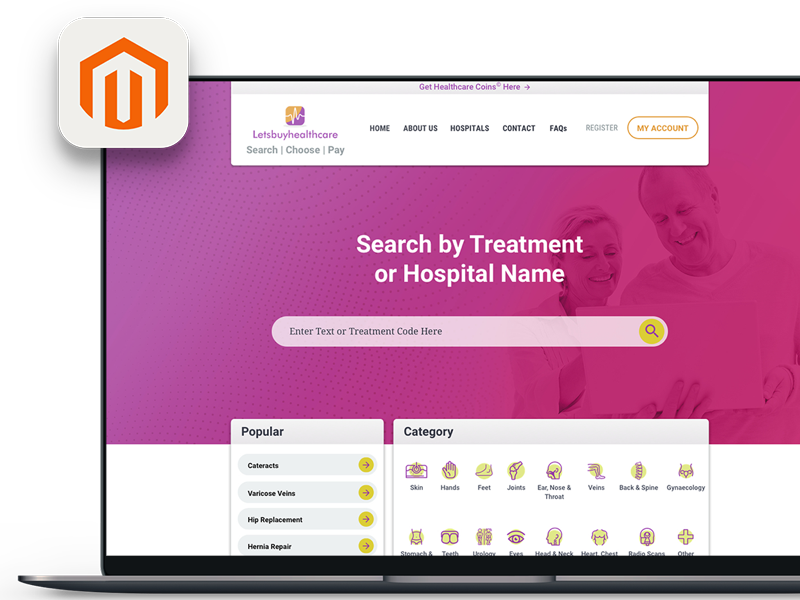Application Development
Understanding App Development: Custom Solutions for Optimal Business Operations
In today’s digital age, businesses constantly seek new ways to streamline operations, enhance customer experiences, and stay ahead of the competition. One of the most effective strategies to achieve these goals is through app development. By creating custom applications tailored to specific business needs, organizations can optimize their operations, improve efficiency, and foster innovation. In this article, we will delve into the intricacies of app development, focusing on custom solutions that integrate seamlessly into existing infrastructures or are built from the ground up.

Understanding the different types of custom applications can help businesses choose the right development pathway. Here are the two primary categories:
1. Integrative Applications
Integrative applications are designed to enhance existing websites or platforms by adding specialized functionalities. Some key benefits include:
– Functionality Expansion: Businesses can incorporate new features, such as e-commerce capabilities, analytics dashboards, or customer management systems.
– Workflow Automation: Workflow processes that are repetitive can be automated, reducing the time spent on manual tasks and allowing employees to focus on more strategic initiatives.
– Data Synchronization: Existing databases can be linked with new functionalities, ensuring that data is consistent across various platforms and easy to access.

2. Purpose-Built Applications
Purpose-built applications, on the other hand, are developed from the ground up to serve specific operational goals. Advantages include:
– Custom Design: These applications are designed specifically for the unique operational needs of the business, which can lead to better efficiency and effectiveness.
– Full Control: Companies have complete control over every aspect of the application, from its features to its design, allowing for a product that aligns perfectly with business objectives.
– Long-Term Value: While purpose-built applications might require a larger upfront investment, they often deliver significant long-term benefits through improved efficiency and the ability to adapt to changing business demands.

The App Development Process
To ensure successful app development, businesses must follow a structured process. Here’s a step-by-step overview:
1. Requirement Analysis: Identify and document the specific needs that the application must fulfill. Engaging stakeholders at this stage is crucial for clarity and cohesion.
2. Planning and Prototyping: Develop a plan that outlines the app’s features, timelines, and resource allocation. Creating prototypes can help visualize the final product and gather early feedback.
3. Development: The actual coding begins here. Developers create the application’s front-end and back-end components.
4. Testing: Rigorous testing is performed to ensure the application functions as intended, is free of bugs, and provides a user-friendly experience.
5. Deployment: Once testing is complete, the application is deployed to the intended audience, whether that be internally within an organization or publicly to customers.
6. Maintenance and Updates: Post-launch support is critical. Regular updates and maintenance will keep the application running smoothly and securely, addressing any vulnerabilities or required feature enhancements.

Mobile applications:
In the competitive landscape of modern business, app development represents a vital avenue for growth and optimization. By choosing to invest in custom applications, organizations can tailor their digital solutions to fit their unique needs, integrate seamlessly with existing workflows, and enhance overall productivity. As the digital world continues to evolve, the importance of bespoke app development will only increase, making it an essential component of any successful business strategy. Embracing this approach today may well provide a significant advantage tomorrow.

